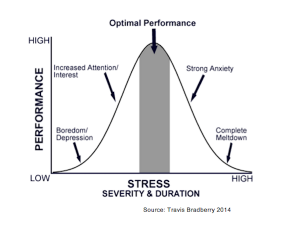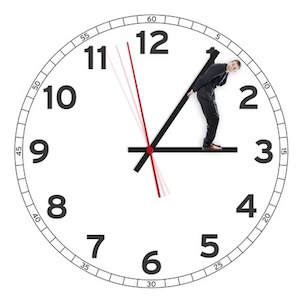1097″]
“Life is like riding a bicycle. To keep your balance, you must keep moving.”
– Albert Einstein
[vcex_divider style=”solid” icon_color=”#000000″ icon_size=”14px” margin_top=”20px” margin_bottom=”20px”][vcex_spacing size=”10px”]As we start the mad dash towards the end of the year it is all too easy to be overwhelmed with what we have to do before it’s over. Invariably there are not only critical projects to complete but also end of quarter reports, networking events to attend, end of year functions to be held and numerous deadlines to manage to. Overlay that with busy social and family commitments and it is all too easy to feel that we are fighting the clock on every remaining day on the calendar.
Here in Australia the end of the year means not only breaking for Christmas but also our summer holidays. It means school is out, the beach is calling and for many businesses it is two weeks or more of mandatory shutdown. Whilst most of us all look forward to the break, getting there without feeling broken often feels like an achievement in itself.
Staying firmly focussed on what we can influence and need to influence is key. As the demands increase and the deadlines tighten it is all too easy to allow stress to either paralyse us or place us into a tailspin, both of which are counterproductive. Whilst most of us recognise that it is our ability to manage our emotions and remain calm under pressure that will determine successful outcomes it is those who know how to prepare for the ‘final sprint’ that really excel. Not only does it all too often determine how we finish but how we start afresh in the New Year.
Travis Bradbury who is a widely acclaimed author in the field of emotional intelligence believes that it is this understanding that is what helps leaders not only effectively manage themselves but also significantly impact both their people and business outcomes. Whilst recognising that stress can wreak havoc on our physical and mental health he also suggests that we actually need a little bit of it to actually feel the impetus to take action. As the model below suggests though it is not only the degree of stress but also the duration that is key. Too much and the consequences are downright dangerous, not enough sees us risk boredom and apathy.[vcex_spacing size=”20px”] Effective leaders know that there are critical times of the year and/or projects that will test us all. They recognise it, plan for it and prepare for it. They understand where that fine line is between what healthy and unhealthy levels of stress are and know what they need to do maintain a sense of calm for themselves and their teams.
Effective leaders know that there are critical times of the year and/or projects that will test us all. They recognise it, plan for it and prepare for it. They understand where that fine line is between what healthy and unhealthy levels of stress are and know what they need to do maintain a sense of calm for themselves and their teams.
So what do successful people do to maintain calm and keep stress under control – especially at times such as the end of the year? Examples below:
- Determine what’s critical: Whilst it may sound obvious, sometimes we need to be reminded to simply stop, reassess and determine what our key priorities are. Listing our priorities and then learning to put some boundaries around them is key if we are to move forward with greater clarity, determination and speed.
- Delegate: Great delegation not only saves time, money and frustration, it also provides you with an opportunity to build capability and capacity in your people. Whilst we do need to consider how and to whom we delegate, failing to do so not only impedes our own growth but that of our people.
- Collaborate: The quickest way to slow or kill outcomes is to insist on going it alone. Learning how to leverage the knowledge, talents and time of others is critical to producing a productive and efficient outcome.
- Note who you are listening too: All too often when we are working to critical deadlines, the critics and the naysayers appear to have the loudest voices. Recognising who your key influencers and enablers are is critical to building effective frameworks of support.
- Communicate: When we are under pressure to deliver, many of us go deep into the doing. Whilst it is often necessary to do this, keeping the channels of communication open is imperative if we are to ensure opportunities, relationships and outcomes are maximised.
- Keep Moving: Even small steps are better than no steps. Make decisions (indecision is dangerous and paralysing), start moving and tweak on route if need be.
- Take 5: Breathe!! Effective leaders know how to disconnect. They understand the need to ensure that their batteries remain charged, their focus is honed and their mind is given a break. Failing to do so sees us risking increased stress levels and moving to the dangerous end of the graph above.
As the end of 2015 approaches I would encourage you to take some time to consider what your ‘critical must do’s’ are and what steps you can take to ensure you and your team finish the year on a high.
As always I would love to hear your thoughts.

If you would like to explore ways to build an intentional career please contact Margot on 0400 336 318.

